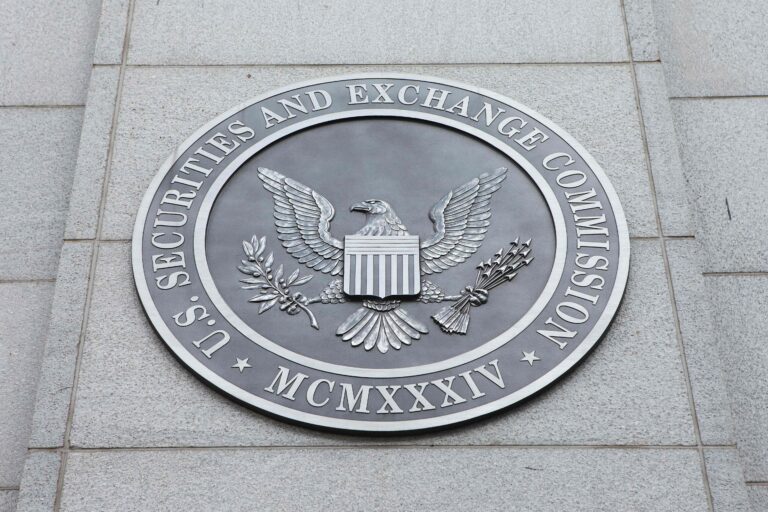
A US federal appeals court has thrown out a US Securities and Exchange Commission (SEC) reform intended to make private equity and hedge funds more transparent and change the way they deal with investors.
The 5th Circuit Court of Appeals in New Orleans struck down rules requiring hedge funds and private equity firms to detail quarterly fees and expenses to investors.
The rules, adopted by the SEC in August 2023, also prohibited firms from giving certain investors preferential treatment over redemptions or more information about portfolio holdings.
The appeals court said the SEC had overstepped its statutory authority by adopting the rule and decided in favour of six private equity and hedge fund associations that challenged the regulations.
The decision is a significant defeat for the SEC, under chair Gary Gensler, as it refutes the claim that post 2008-crisis legislation has given the Commission broader powers to regulate private funds.
Industry groups argued that the rules were unnecessary for the types of highly sophisticated investors that deal with private funds. They said the rules would “fundamentally change the way private funds are regulated”, add compliance costs and lower profits.
Because private funds target high net-worth, sophisticated investors they are subject to less regulatory oversight and regulation than investments that attract retail investors.
Critics have claimed the lack of transparency in the almost $27 trillion private funds industry could contribute to financial instability risks and have a detrimental effect on ordinary investors who may have indirect exposure to private funds, for example through pension funds.
The SEC told the court the rules were permitted under the 2010 Dodd-Frank Act and its regulations were “a flexible and measured approach to resolve problems affecting investors and their stakeholders.”
MFA President and CEO Bryan Corbett, in a statement, said the ruling is a significant victory for markets, fund managers, and investors, including pensions, foundations, and endowments.
“The court affirmed that the SEC cannot expand its authority beyond what Congress intended. Unfortunately, this is just one instance of SEC overreach as it looks to push through the most aggressive agenda in decades,” Corbett said. The MFA will continue to work constructively with the SEC “to help improve its rushed rulemakings”, he added.
Funds industry associations, including the MFA, the National Association of Private Fund Managers (NAPFM), and the Alternative Investment Management Association (AIMA), have ongoing lawsuits against new SEC rules requiring proprietary trading firms and hedge funds to register as dealers in the US Treasury market, and new reporting and public disclosure requirements for securities loans and short selling activity.
AIMA CEO Jack Inglis said the appeals court ruling “will spare the private funds industry and investors a lot of unnecessary costs and disruption as a result of the US SEC’s unlawful action”.
He added that the court’s decision rewarded AIMA’s decision to file suit, which had been taken “to protect the interests of members against regulatory overreach and improper rule-making by the US SEC.”


